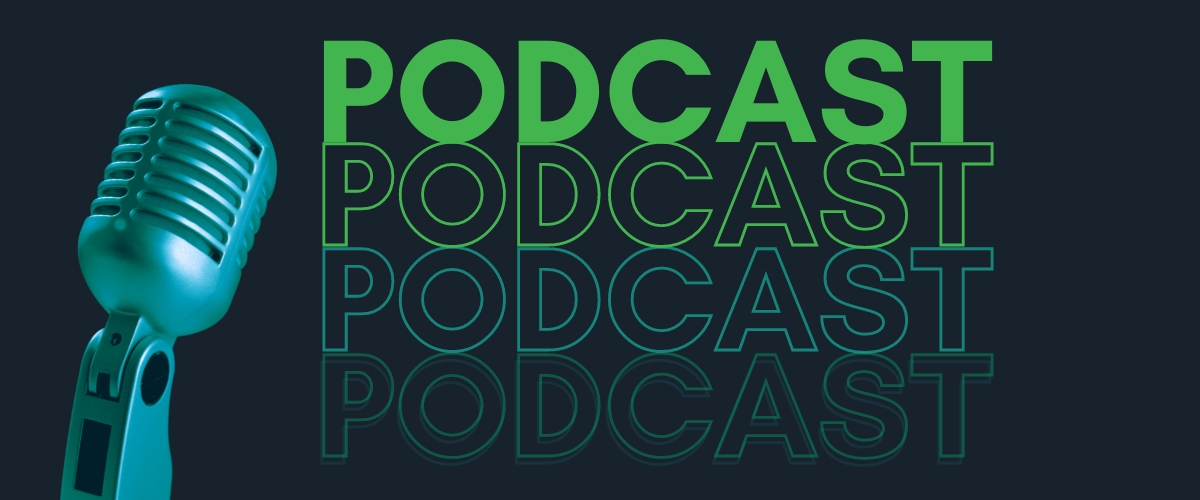The SECURE Act 2.0 (Setting Every Community Up for Retirement Enhancement Act) (“Act 2.0”) became law on December 29, 2022, and is building upon the SECURE Act of 2019 to encourage more savings for retirement for those in the workforce while also providing some incentives for plan sponsors. In addition, to the changes Act 2.0 brings for plan participants, there are many provisions within Act 2.0 targeting small businesses that may act as plan sponsors for existing and new plans. Some of these changes are already in effect, while other provisions have effective dates through 2025. As with many rules, there are some exceptions to be aware of too.
While Act 2.0 has over 100 rule changes from the 2019 act, several significant changes will be the focus. With the vastness of the bill, it is important that plan sponsors work with their Third Party Administrators (“TPA”) to ensure any changes which impact their plans are addressed. The same goes for companies considering offering new plans in the future, as some significant changes only apply to newly implemented plans.
Act 2.0 includes credits and additional incentives that may motivate small business owners to start new plans or encourage more participation with existing plans. Here are some of the major provisions impacting plan sponsors:
- Significant changes to automatic enrollment for newly established plans which will require automatic enrollment.
- The potential for employers to make matching contributions based on employees’ payment of their personal student loans.
- The possibility of offsetting the administrative costs for new plans through various tax credits, especially for small employers (less than 50 employees).
- New specialty credits for the employment and participation of military spouses.
Current and future plan participants are also impacted by many of the provisions Act 2.0 has to offer, including changes to eligibility, contributions, and withdrawals, among other things. Here are some of the major provisions impacting plan participants:
- Changes to the age for required minimum distributions.
- The ability to make higher 401(k) catch-up contributions for certain employees.
- Expanded eligibility for part-time employees.
- Expanded emergency withdrawal flexibility.
Since some of the major impacts on plan sponsors and participants have been highlighted, what should be done next?
This time of year, plans requiring audit are in the midst of that process, and others with only 5500 filing requirements are working to get those filed by the deadline. As plan sponsors complete their filings and work with their auditors and TPA, they should discuss the provisions effective for 2023 to ensure they are being properly implemented and followed. Expect changes related to the RMD age increase, additional withdrawals available, and accelerated eligibility for part-time employees.
Finally, numerous other provisions within Act 2.0 are effective now that should also be taken into account to ensure continued compliance, some of which include:
- New deferral deadline for sole proprietors.
- For plans that allow Roth contributions, participants may elect Roth matching and nonelective contributions.
- Hardship distribution certification (self-certify).
- Disaster distributions up to $22,000 for disasters occurring on or after January 26, 2021.
- Penalty-free early distributions to individuals with a terminal illness.
- Qualified birth or adoption distributions amended the re-contribution period effective for distributions made after December 29, 2022, and retroactively applied.
- Unenrolled participant notices are no longer required if certain conditions are met.
- Recovery of overpayments may be treated as rollover-eligible amounts.
- Expansion of Employee Plans Compliance Resolution System (self-correction of errors found with plan administration).
The significant expansion of retirement benefit potential due to Act 2.0 is only now beginning to be felt due to the provisions effective 2023. As the year concludes and more of the changes are becoming effective, it is more important than ever to work with your trusted advisors to ensure that your company is properly implementing the provisions and making amendments as necessary.
If you have any questions, please contact your WG business advisor.




